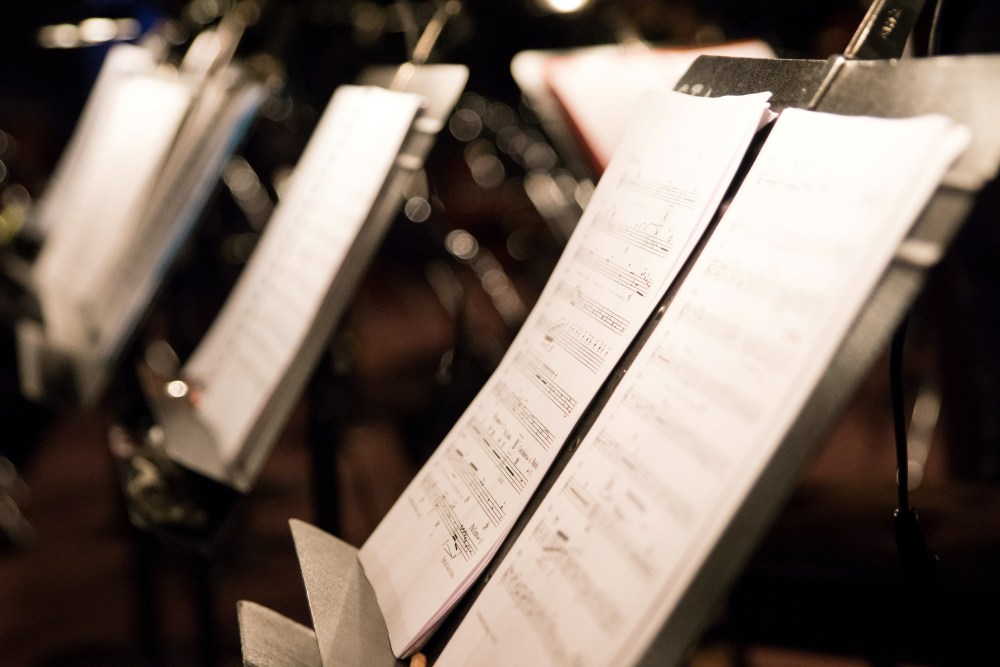
Attending the opera for the first time can feel both exciting and slightly intimidating, but it doesn't have to be either. Whether stepping into a grand concert hall or an intimate local theater, the opera offers a uniquely captivating experience. Music, drama, costumes, and powerful vocals come together to create an atmosphere that is both immersive and emotionally charged. With a bit of preparation and a relaxed mindset, any newcomer can fully enjoy this rich art form from the very beginning.
Knowing What to Expect
Opera combines theatrical storytelling with orchestral music and classical singing, often in Italian, German, or French. Subtitles or projected translations are usually provided, so it is not necessary to speak the language of the performance to follow along. Stories may span genres from tragedy to comedy, and many operas are based on historic or literary themes. Because each performance is live, no two experiences are quite the same, and each cast and conductor brings fresh interpretation to familiar works.
Dressing for the Occasion
While some imagine a strict black-tie code, the modern opera scene tends to be more flexible. Most venues welcome everything from smart casual to semi-formal attire, depending on the production and location. Evening performances may see dressier crowds, but comfort and confidence matter more than formalwear. A neat blazer, elegant dress, or tailored outfit works well without going overboard. Bringing a light jacket or shawl is a good idea, especially in cooler auditoriums.
Understanding the Performance
Each opera typically unfolds over multiple acts with intermissions in between. It helps to read a short synopsis beforehand to understand the general plot, characters, and themes. Doing so allows greater focus on the music and staging instead of trying to catch up on the storyline mid-performance. First-time attendees might choose a popular title such as Carmen, La Bohème, or The Magic Flute, which offer approachable plots and memorable arias. The Metropolitan opera websites often provide background material to help newcomers feel more confident in their knowledge.
Audience Etiquette Basics
Opera etiquette leans traditional, though not rigid. Arriving early allows time to find seats, read the program, and settle in before the overture begins. Silence is appreciated during the performance, including turning off phones and avoiding conversation. Applause usually follows an aria or the end of an act, not during the singing. Watching those around can provide subtle cues, but following the performers' rhythm tends to come naturally once immersed in the scene. Photography and recording are usually prohibited to preserve the integrity of the live performance.
Enjoying the Intermission
Intermission is more than a break; it's an opportunity to reflect, socialize, and explore. Many opera houses feature impressive architecture or historic interiors worth admiring between acts. Some offer refreshments, open courtyards, or seasonal decorations depending on the time of year. It's a chance to mingle with other guests or simply relax and let the first half of the performance settle in. Asking others what they thought of a particular scene can open conversation and reveal different perspectives.
Bringing a Guest Along
Sharing the experience can ease nerves and make it even more enjoyable. Bringing a friend, partner, or family member adds an extra layer of connection to the evening. Discussing the show afterward turns the outing into a richer social moment, sparking thoughts on favorite scenes or characters. For those who are hesitant about opera, attending with someone who has been before can serve as a helpful introduction. Just having a companion to exchange reactions with during intermission can build enthusiasm.
Following the Story Through Music
Even without understanding the lyrics, the music often tells the emotional story. The tone of the orchestra, the vocal dynamics, and the staging all work together to carry meaning. Costumes, lighting, and movement reinforce the action and reveal relationships between characters. Some operas use motifs—recurring musical phrases—to signal changes in emotion or narrative. Paying attention to these subtle cues enhances appreciation for how intricately composed the performance truly is.
Building Future Interest
After the first experience, many guests discover a desire to return. Some even make opera a part of their regular cultural calendar. Signing up for newsletters from local venues can offer updates on upcoming productions and special events. Attending dress rehearsals or previews is another way to deepen appreciation without committing to a full-length performance. With time, audiences often develop favorite composers, styles, or even specific singers whose work they follow with anticipation. The more familiar the world of opera becomes, the more enjoyable and accessible it feels.
Making the Most of the Evening
Pairing the performance with dinner, drinks, or a post-show stroll can turn a night at the opera into a full experience. Many cities feature restaurants and cafes near theaters that cater to pre- or post-performance crowds. Planning a relaxed schedule allows time to enjoy the evening without feeling rushed. Whether it becomes a cultural indulgence or a special occasion, the opera offers a rewarding escape into music, story, and style.
Stepping into the world of opera for the first time can feel both exhilarating and unfamiliar, but preparation helps transform that uncertainty into pure enjoyment. Whether dressed to the nines or seated in a more relaxed venue, the magic of the music, the beauty of the staging, and the richness of the storytelling leave a lasting impression. Embracing the traditions, understanding the format, and keeping an open mind allow the experience to unfold in full. With each performance, the grandeur of opera becomes more approachable, turning a first visit into the beginning of a lifelong appreciation.
MORE ON THE FLASH LIST
































